Frozen food slows down decomposition by turning residual moisture into ice, inhibiting the growth of most bacterial species. In the food commodity industry, there are two processes: mechanical and cryogenic (or flash freezing). The freezing kinetics is important to preserve the food quality and texture. Quicker freezing generates smaller ice crystals and maintains cellular structure. Cryogenic freezing is the quickest freezing technology available due to the ultra low liquid nitrogen temperature −196 °C (−320 °F).
Preserving food in domestic kitchens during modern times is achieved using household freezers. Accepted advice to householders was to freeze food on the day of purchase. An initiative by a supermarket group in 2012 (backed by the UK’s Waste & Resources Action Programme) promotes the freezing of food “as soon as possible up to the product’s ‘use by’ date”. The Food Standards Agency was reported as supporting the change, provided the food had been stored correctly up to that time.
 (+44) 785-3015698
(+44) 785-3015698 info@grocee.co.uk
info@grocee.co.uk




















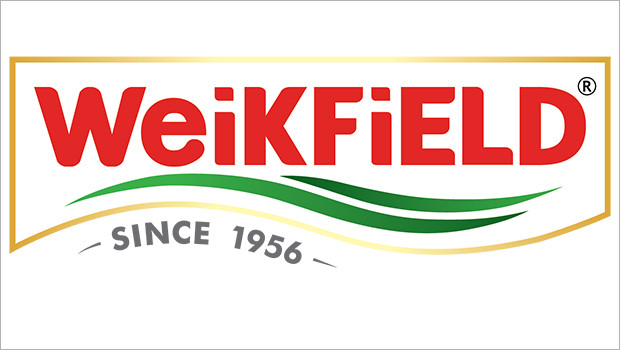



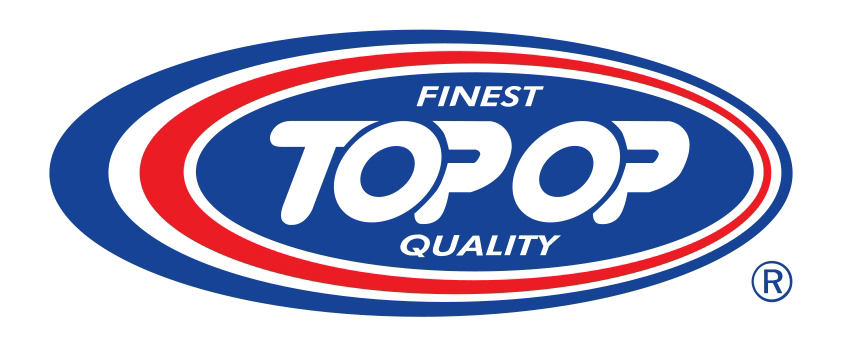

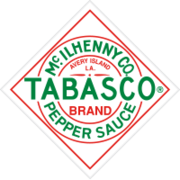























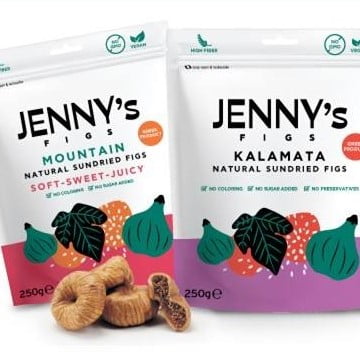











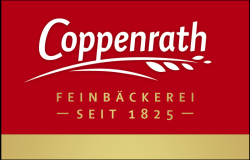

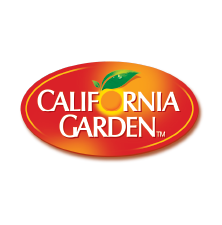




Reviews
There are no reviews yet.